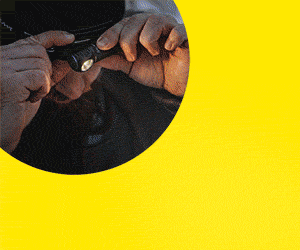1MG FlippingBooks
The Sky’s the Limit for Agriculture Students

Yanco Agricultural High School, home of the philanthropist and pastoralist Sir Samuel McCaughey, is a co-educational, fully residential high school, specialising in agriculture. The school, which celebrates its 100th anniversary in 2022, has a key role in attracting and retaining regional and rural students, particularly young women, to the agriculture industry.
Most students would complain about their teachers droning on, but for students at Yanco Agricultural High School, teachers bringing out the school drone is the highlight of the day.
Yanco Agricultural High School is just 10km from Leeton, the rice capital of Australia. The selective, government and coeducational boarding school hosts 300 students from around the country on 280ha of land. Students at the school can take subjects including equestrian studies, animal management and primary industries, and the school also boasts working sheep and cattle studs and a world class equestrian arena.
Yet it’s Yanco’s integration of modern technology in its agriculture program that really sets the school apart.
Students learn to use an autonomous drone to monitor crops and pasture. A sensor is attached to the drone which maps the health of plants and allows students to create management plans for the area. The drone has also been used for farm planning and to monitor livestock.
“We expect drones to become a vital aspect of farming,” says Agriculture teacher Stuart McVittie. “We want students exploring the opportunities of drone technology – it’s about getting kids engaged in learning.”
For some students, drones are already a familiar sight on their family properties back home. That’s why Yanco’s new course on drone safety (to be introduced in 2019) is so important. The course will introduce Year Ten students to the laws surrounding drone use in Australia and educate them in the safe operation of the equipment. The school expects students will pass on this knowledge to family and friends.
Head of Agriculture at the school, Luke Collins, says the technology is a logical response to a dwindling farming workforce, as drones can greatly reduce the manual labour needed to check far-flung paddocks, water sources and stock. He’s keen to prepare pupils for a future based on innovations that improve farm efficiency.
“We’re ensuring students are exposed to these kinds of technology, so hopefully they will adopt it more readily when they’re out on their own properties.”














